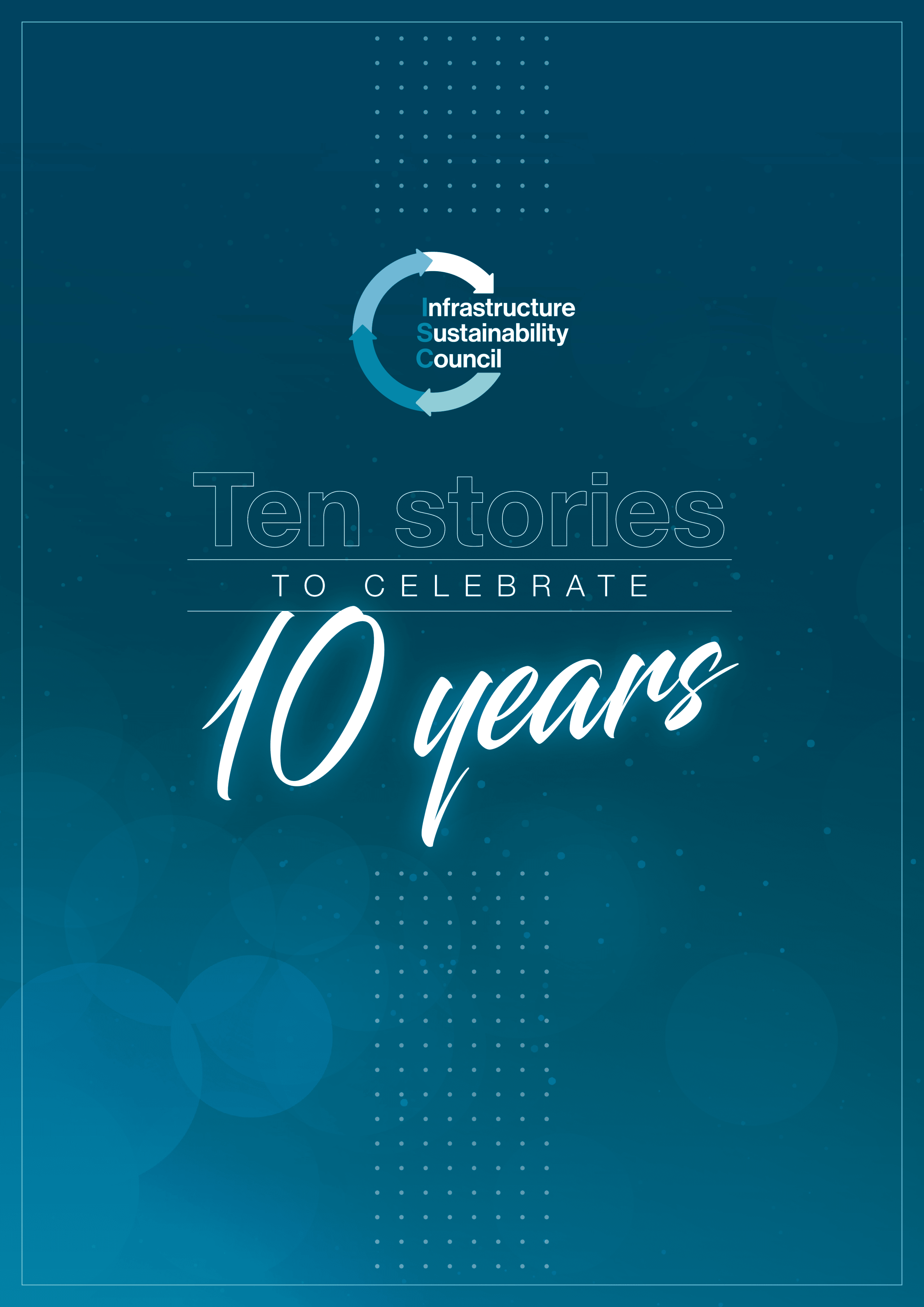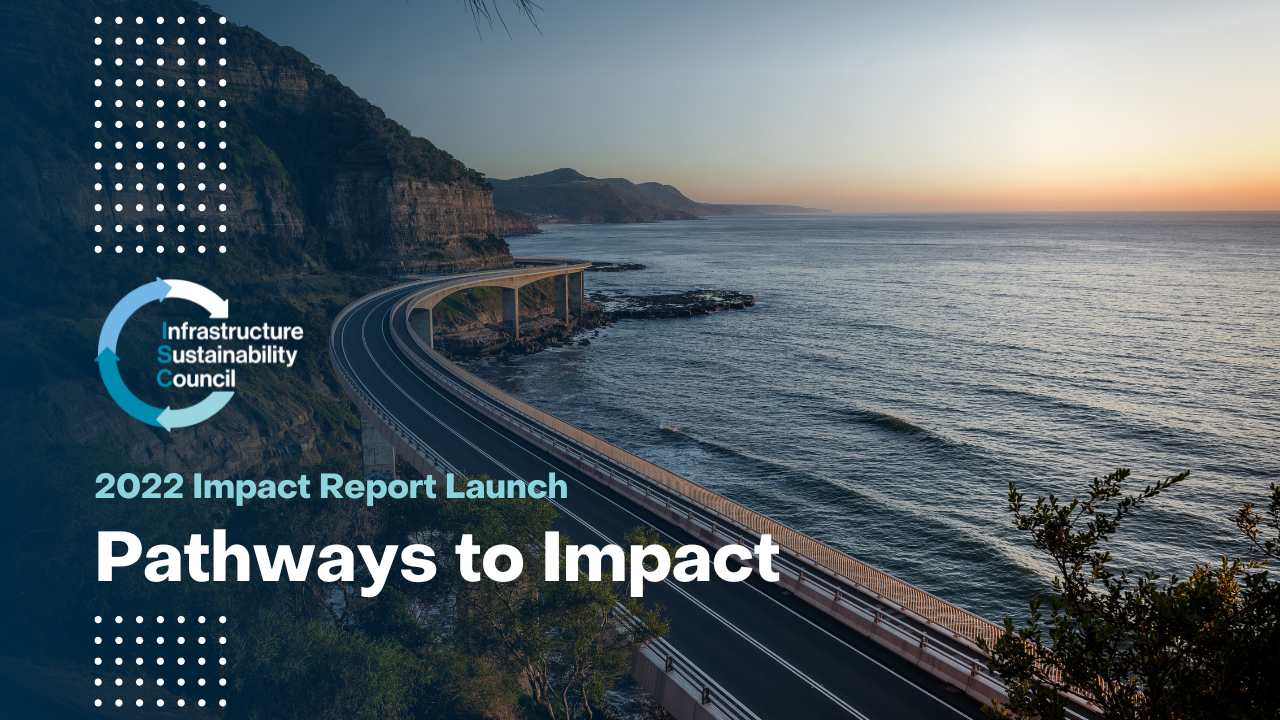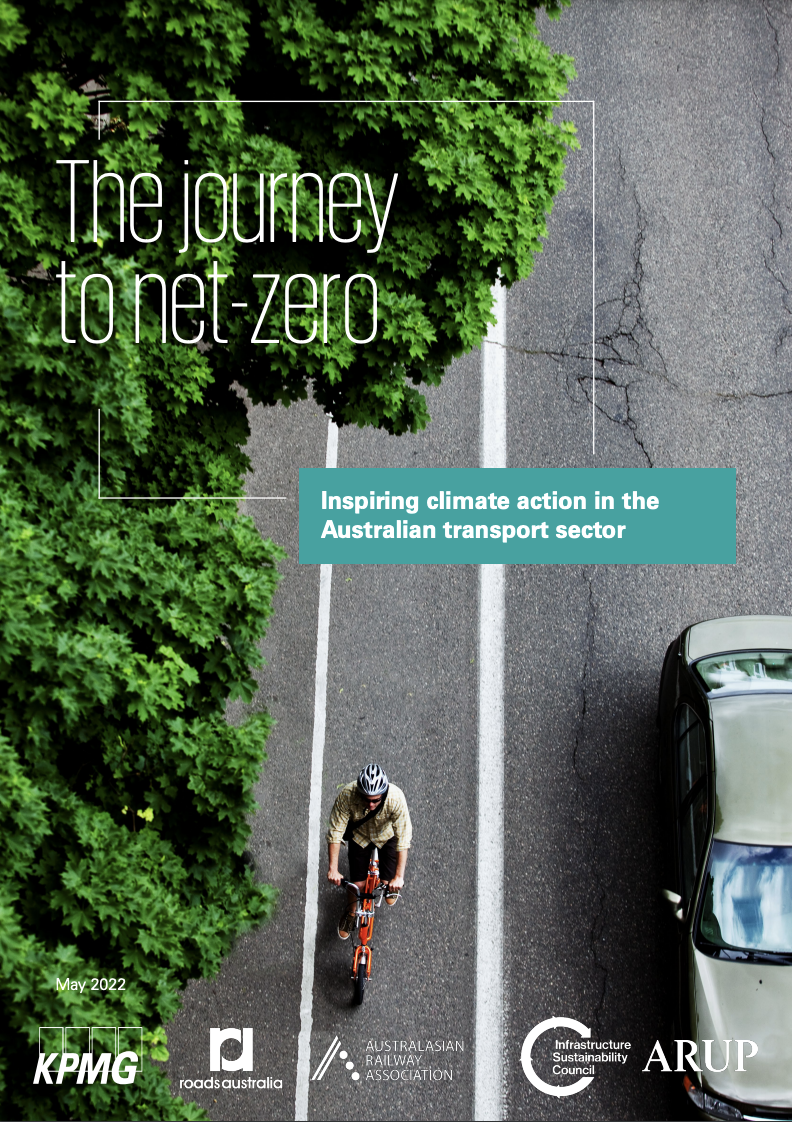Infrastructure Net Zero – A Solid Foundation: A common definition for net zero infrastructure and how to get there
Achieving net zero in infrastructure requires a shared understanding of what net zero means and the infrastructure sector’s role in managing and reducing carbon emissions. Various standards, such as The Greenhouse Gas Protocol Corporate Accounting and Reporting Standard (GHG Protocol Corporate Standard) and PAS 2080:2023 Carbon Management in Buildings and Infrastructure (PAS 2080), provide essential
Read MoreIS Ratings Alignment Note
The IS Ratings Alignment Note on TNFD Disclosures and Metrics is here to guide organisations in leveraging IS Ratings for TNFD (Taskforce for Nature-based Financial Disclosures) recommendations. In recent years, financial reporting requirements have increasingly incorporated climate and nature-based disclosures, reflecting the heightened awareness of environmental risks in the global economy. This development is driven
Read MoreImpact Report 2024
Welcome to the Infrastructure Sustainability Council’s FY24 Impact Report. This year’s report focuses principally on the impacts that the ISC and its ecosystem of member organisations and stakeholders delivered during the year. It outlines the value created and captured through our efforts to influence policy and regulations that shape our sector, our membership, training and
Read MoreSustainability: a career in construction
Only 12.9% of construction industry professionals are women. But did you know that the figure for infrastructure sustainability professionals is 55%? In this report, Sustainability, a career in construction the ISC have explored how sustainability careers can influence the current culture & diversity challenges that limit the number of female professionals entering and remaining in
Read MoreChallenges and Opportunities in the Procurement of Sustainable Products and Services in Infrastructure
In the lead up to the Western Australia Connect conference that was hosted in March 2024 in Perth, Australia, the Infrastructure Sustainability Council (ISC) issued a survey to suppliers in the Western Australian market that aimed to identify the specific barriers and obstacles to sustainable procurement in the infrastructure sector, as perceived from the suppliers’
Read MoreImpact Report – 2023
The winds of change are blowing, and our sector is raising its sails. Over the past three years, the interconnection and interdependence of our systems, value chains and communities has been bared through cumulative shocks and stressors. The global profile of risk severity over the ten-year horizon, reported by the World Economic Forum, is again
Read MoreLegacies that last: Creating social value through Australia’s infrastructure and built environment
The purpose of infrastructure is to enable people and communities to thrive. Infrastructure assets are enabled by people for people. Recognising this clear purpose, our sector has an opportunity to provide a foundation for cooperation, and the ability to bridge differences across diverse perspectives and backgrounds with shared respect. The positive outcomes enabled by infrastructure
Read MoreModern Slavery Impact Note – video clip
We are pleased to announce the release of a video clip on the second edition of the IS Impact Notes: Modern Slavery. This impact note outlines how infrastructure projects can drive action – through leadership and management, sustainable procurement, materials sourcing, and workforce sustainability – to integrate an appropriate and effective modern slavery response with
Read More10 Stories to Celebrate 10 Years
On Wednesday 29 February 2012, then federal Infrastructure Minister Anthony Albanese stood before a packed crowd at Parliament House in Canberra to unveil Australia’s first national rating scheme for sustainable infrastructure. Wishing the Infrastructure Sustainability Rating Scheme, or IS for short, a “busy life”, Mr Albanese noted that project teams working on everything from roads
Read More2022 Impact Report
In this report, the Council outlines our four Strategic Goals: Leadership, Thriving Industry, Market Transformation and Organisational Health, supporting an industry to deliver best practice, long-term outcomes that support all beneficiaries, and deliver on the quadruple bottom line. Our four main goals are all designed to drive our purpose – To ensure all infrastructure delivers
Read MoreJourney to Net Zero
A journey to net zero presents a compelling case for a great opportunity to change the way we approach out transport sector, and indeed our towns and communities. It is a ‘call to action’ for the industry to stop and rethink the way we approach transport in Australia. It presents an opportunity for the industry
Read MoreThriving Nations Report
From the moment we wake to the moment we go to sleep, what we do and how we do it, is enabled by our infrastructure. It is crystal clear, this century is one of change – for our lifestyles, our communities, our economies and our environment. Whether it is climate change, addressing inequality or riding
Read More- 1
- 2












